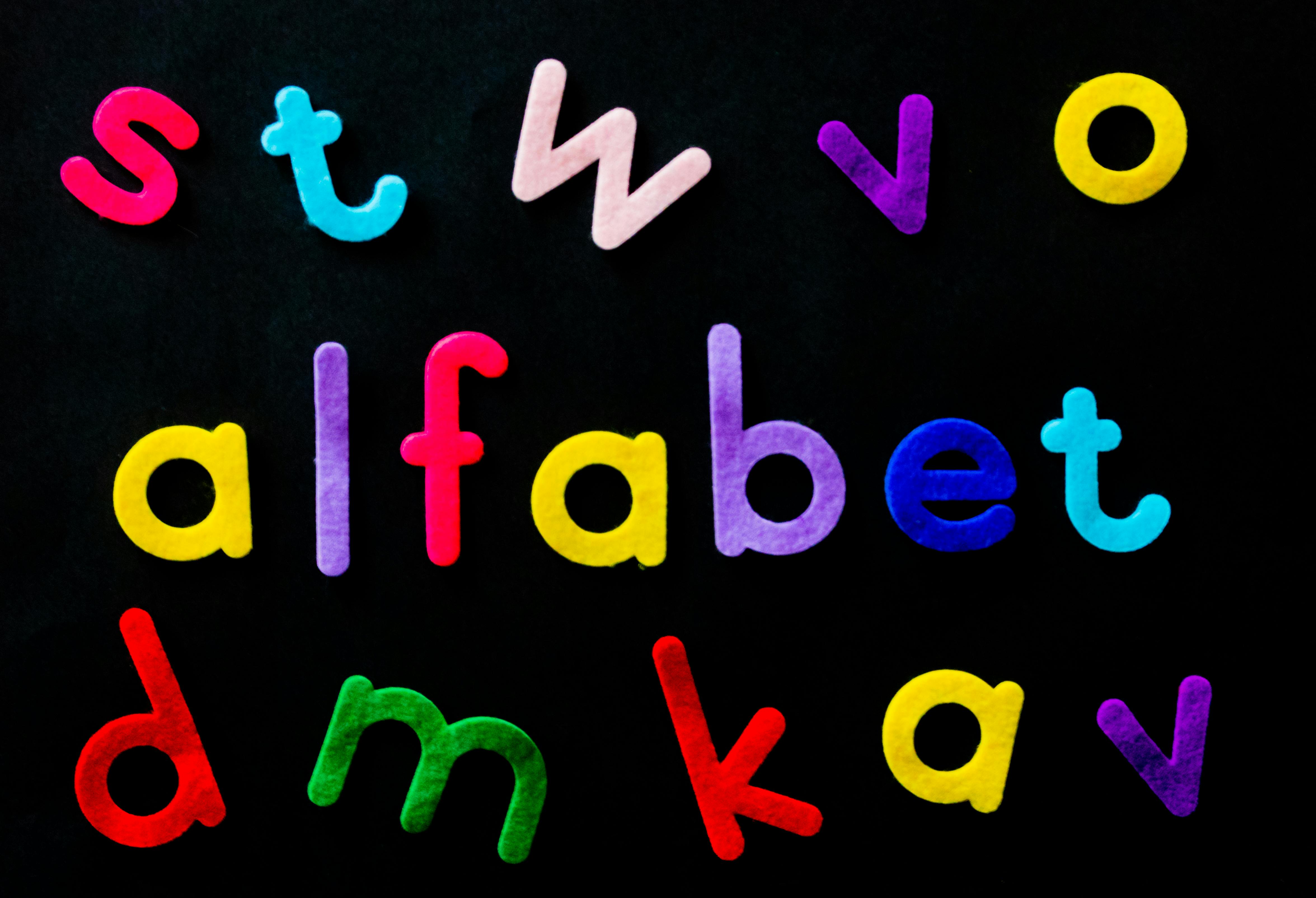 |
| Pexels.com – Try this also. |
Please put down your pitchforks. I love this language.
This is not a political statement, it’s just a reality. Don’t worry, there are other hard to learn languages out there.
Since U.S. English is my first language, (which makes me a native speaker) I'm not going to be complaining about learning to speak English. I will, however, explain why I know for a fact it’s a hard language to learn, as I continue my series on words and their meanings. Today, I’ll be focusing on the inherent confusion embedded within the English language.
This is not a political statement, it’s just a reality. Don’t worry, there are other hard to learn languages out there.
Since U.S. English is my first language, (which makes me a native speaker) I'm not going to be complaining about learning to speak English. I will, however, explain why I know for a fact it’s a hard language to learn, as I continue my series on words and their meanings. Today, I’ll be focusing on the inherent confusion embedded within the English language.
The word of the day is confusion.
Wait, what?
Yeah, and that’s just the tip of the iceberg. I hope you’ll take a moment to visit the link. It’s sure to get you tongue-tied, but you’ll better understand what I mean.
I first discovered, or better, came to realize, the complexity of the English language when I started studying another language. Had I tried to learn Japanese or Hindi, I don’t know if I’d come to this conclusion so quickly (it still would have happened) because they are also very complex languages. However, from what I understand, they each have a method of consistency, which is part of the issue I have with English. There are so many silent letters, letters and combinations that make different sounds depending on what you want to say, and there are the homonyms, etc...
Once I realized the English language was filled with so many contradictions and riddles, I began to seek them out. Call me a geek (I’d take it as a compliment anyway), but I love contemplating the idiosyncrasies of this language. If I had not been born a native English speaker, I’d be proud of myself if I ever managed to master the language to the point where I could speak it casually.
Below is a list of short sentences that should, hopefully, paint a clear picture of how complex and confusing this language is. If you can, try to imagine that you are new to this language and are trying to use and pronounce words correctly. You should be able to see why this could be a problem to a non-native English speaker.
Hey, that’s not fair.
I want to go to the fair.
Cater is a happy boy.
He wants to cater a party.
Aaron is a boy.
Erin is a girl.
Phil is a nice man.
Can you fill the whole?
I hope you feel better soon.
Their car is very nice.
They’re nice people, too.
There the car is.
Are you on the council.
Counsel your children well.
Counsel your children well.
Cancel your service before the end of the month.
Will you sell your car?
Will you sail with me?
Will you have a sale?
Red is my favorite color.
Have you read this book?
I don’t like to read.
I don’t eat meat.
Let’s meet for dinner.
What’s it all mean? <--See how I snuck that in. 😉
Why are you so mean?
I don’t know what to do.
I love the morning dew.
I hope I make a profit.
I hope I meat a prophet.
Did you say no?
I don’t know.
So, what did you think? Did any of that seem like it might be confusing if you didn’t know the language? Heck, I wrote it and it makes my head spin a little.
Be sure to come back on September 5th to see the final installment in this series and come by, before that, on September 1st to read another Loki Animal Story.
While I’m currently focusing on my obsession with the English language, I do also love music. Please check out this article “Telling Stories Through Music Part 1 by Grace Augustine” if you too enjoy music.
-
Find out more about me, my work, and my inspiration at the following links:
#wordsmatter, #ILoveWords
COMMENTS
